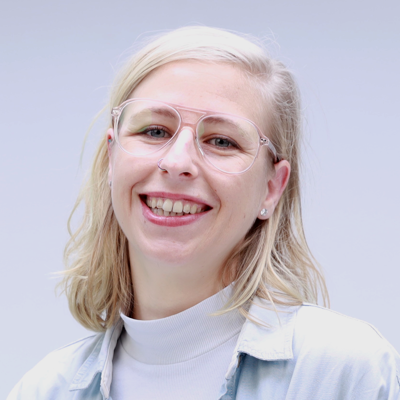15. May 2025, 10:30 – 11:30 Uhr
Hybrid learning spaces. Findings on similarities and differences from two labs in Sweden & Germany
Based on current research findings in the context of learning space design and the experiences of the COVID-19 pandemic, it is assumed that digitalization concepts are fundamentally changing the learning space of higher education. Accordingly, strategies for learning spaces design practices and processes are needed to be developed and tested.
At Umeå university and HTW Berlin, two learning space projects were carried out independently of each other to design, implement and evaluate student-centered model spaces for hybrid teaching/learning scenarios. In a workshop, the two projects will be presented, similarities and differences analyzed and, building on this, key findings will be developed and discussed interactively with the participants.
Literatur: Ninnemann, K., Celik, P. & Piehl, J. (2024). The relevance of learning space organisation. Insights from a real-world laboratory for hybrid and student-centred learning and teaching. In A. Smith, A. Reid, Mina Jowkar & S. Jaradat (eds.), Transdisciplinary Workplace Research (523-536). Proceedings of the 4th TWR Conference. Leijon, M., Lindholm, J. & Tieva, Å. (under review). Same same, but different – or why is collaboration in synchronous hybrid learning environments so hard to do? A narrative review. Learning Environments Research. Tieva, Å., Lindholm, J. & Leijon, M. (2022). Hybridverkstad för flexibelt lärande + Learning Lab Umeå: Delrapport 1 från Learning Lab ht -22. Umeå University Tieva, Å., Lindholm, J. & Leijon, M. (2023). Hybridverkstad för flexibelt lärande + Learning Lab Umeå. A som i aktiviteter, B som i berättelser & C som i case.: Delrapport 2 från vt-23. Umeå University
Methode: A digital whiteboard is used to create a map that support an interactive exchange between the participants. Along a route with information about the two learning space projects and a lineup of similarities and differences about key experiences from Sweden and Germany, the participants are invited to integrate and exchange their knowledge, insights and perspectives. As a result, a roadmap of (higlighted) good practices will emerge to develop and implement student-centred hybrid learning environments.
Speaker:innen
 Katja Ninnemann
Katja Ninnemann
Hochschule für Technik und Wirtschaft Berlin Lioba Rubik
Lioba Rubik
Hochschule für Technik und Wirtschaft Berlin Åse Tieva
Åse Tieva
Associate professor, Centre for Educational Development (UPL), Umeå University, Sweden Marie Leijon
Marie Leijon
Associate professor, Center for teaching and learning, Malmö university, Sweden
Track
Structures & Strategies
Raum
Digital 9
Sprache
EN
Format
Workshop

